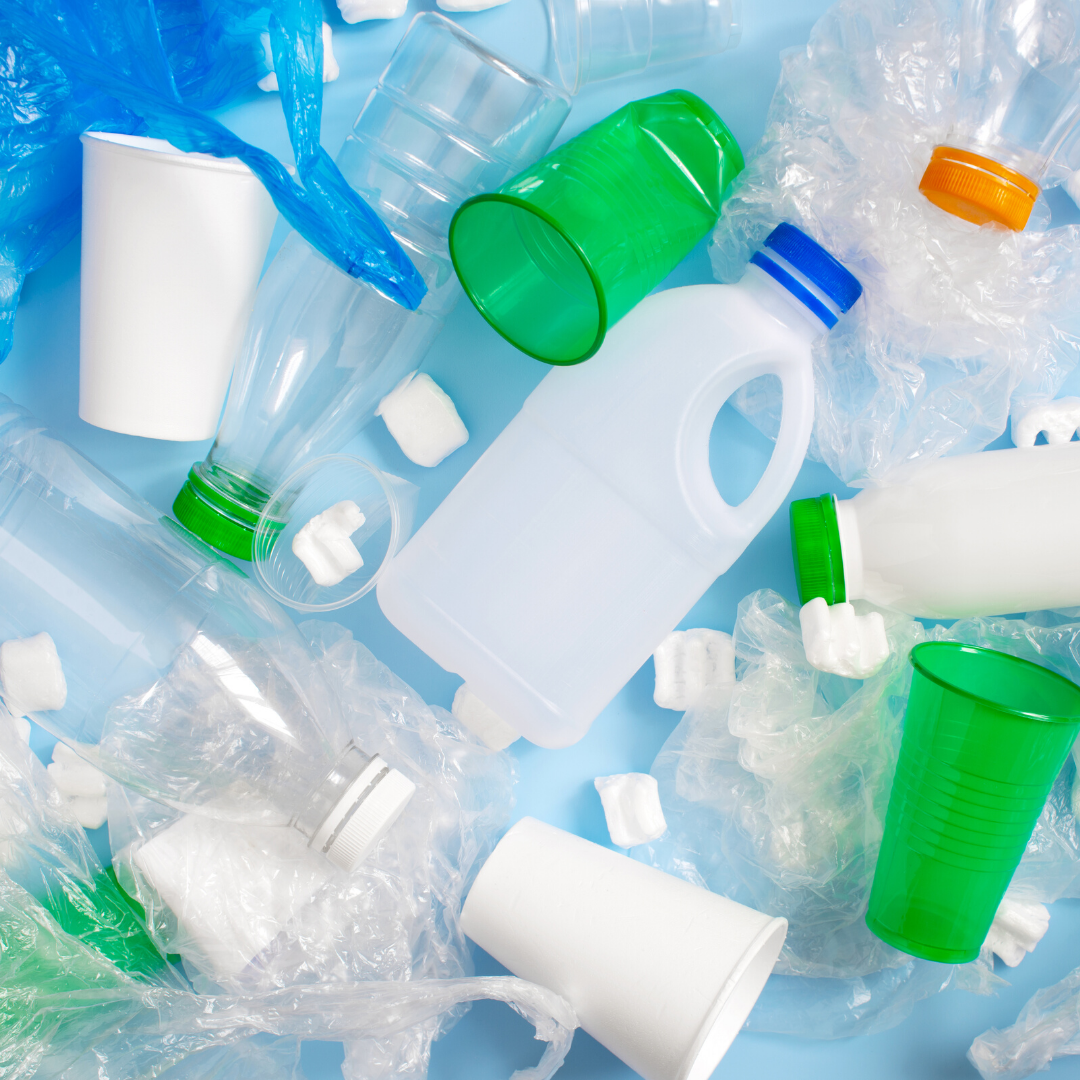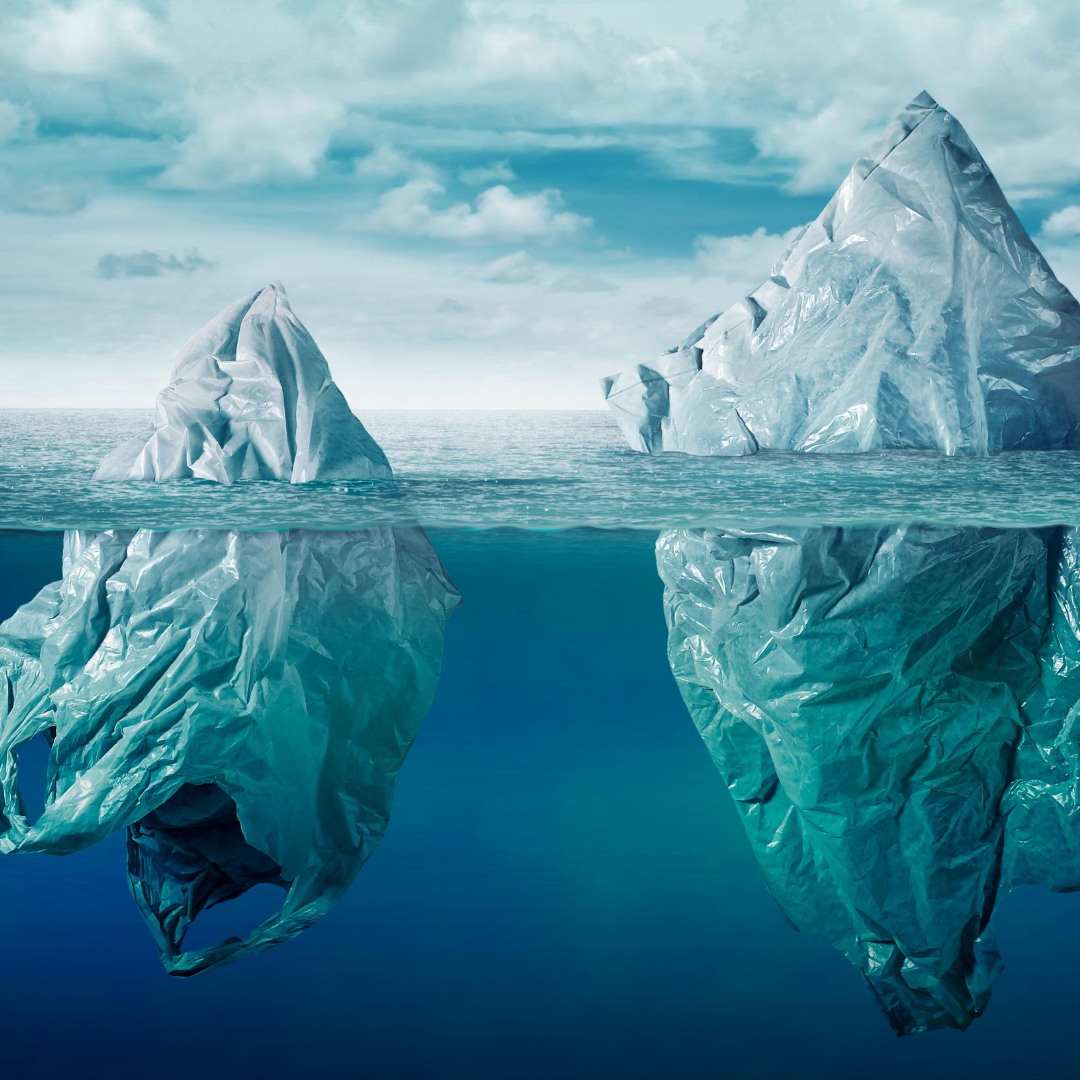Visualize a pristine world. Wouldn't that be great? A world without smog, and where water is always safe to drink (no filtering required). Picture clean streets with unclogged drains. Clean oceans and beaches where humans and wildlife alike can thrive. Wouldn't it be glorious? Well, we're a long way from all the above being a reality.
During a lifetime, most of us generate more than 600 times our weight in trash. This shocking statistic might not be a big deal if we didn't live on such an overcrowded planet. Just about all the resources we have available to us on earth, from energy to raw materials are limited, meaning that once we use them up, we don't get any more. Because the earth has limited resources, it’s important that we make the best use of them. Therefore, it makes sense to take recycling seriously and using things as wisely as we can.
The Environmental Protection Agency (EPA) recently confirmed that just 25% of waste in the United States is being recycled - most of that is being downcycled into reduced value products that inevitably end up in landfills, or worse . . . in our oceans. That isn't real recycling. As the planet as a whole confronts an overwhelming waste crisis, it’s worth wondering, why aren’t we doing a better job of recycling more when there are so many benefits to doing so, including the following.
Reduces Greenhouse Gas Emissions
When you recycle you end up saving energy which leads to a reduction in greenhouse gas emissions. For the most part, greenhouse gases are the primary cause of global warming. Recycling helps reduce water and air pollution by decreasing the number of pollutants being released into the environment. A recycling rate of 30% is roughly equal to removing 30 million vehicles from our roads.
Saves Energy
Were you aware that by recycling aluminum cans, we can save about 95% of the energy required to produce those aluminum cans from raw materials in the first place? Recycling a single glass bottle can save enough energy to illuminate a light bulb for approximately 4 hours. Recycling can also reduce our dependence on foreign oil, which saves us all money in the long run.
Benefits for the Economy
Recycling doesn't only save energy and reduce landfill waste, the industry itself creates jobs which help the economy. The “More Jobs, Less Pollution” study revealed that a recycling rate of 75% could, besides reducing pollution, create approximately 2.3 million jobs.
Helps Prevent Loss of Biodiversity
Recycling helps conserve resources and fights the potential loss of our rainforests, ecosystems and biodiversity. The planet is facing a global catastrophe with scientists predicting the extinction of over 1 million species in the upcoming decades if we don't do something. Water pollution and soil erosion could be reduced through recycling as well, in turn protecting wildlife and native plants in our forests. Deforestation, which has been on the rise, could also be significantly reduced by recycling.
Brings the Community Together
Recycling is a great way to bring your community together. Whether it's encouraging picking up trash along our roads or amassing waste materials to raise funds for schools’ events. This encourages community spirit and helps make our towns cleaner and happier. This is also a great way to teach children about the responsibility of recycling and taking initiative.
Little Steps That Make a Big Difference
After hearing about how plastic and other debris is affecting our oceans, the environment, wildlife, and our health, you may be wondering if the efforts of one person can make a difference. The answer is yes, if we do it collectively, starting with the following.
Knowledge is Power: Understanding What You Can and Can't recycle
Learn the recycling rules for your location and be sure you don't send anything in to be recycled that can't be processed. Each city has a specific guideline, so follow it as well as you can.
Recycle Paper
Like most recyclables, recycling paper conserves essential natural resources, reduces greenhouse gases, and saves energy. Also, the more paper recycled, the less there will be in landfills. It's been said that recycling a ton of paper can save 7,000 gallons of water and 17 trees. Recycled paper can potentially save enough power to sustain the standard American home for about 6 months.
Cut back on Single-Use Products
The best way to use Earth's resources conscientiously is to reuse things instead of tossing them out. One of the biggest culprits is plastic. There's so much of it in our lives! While it can be challenging to eliminate it altogether, come up with a couple of things you can do to reduce plastic use. Small steps can make a big difference! A good first step would be to use cloth bags instead of plastic bags at the grocery store. Step 2 buy eco-friendly products that come with reusable containers. Think about that? How many bottles of dish soap or all-purpose cleaners have you tossed out over the years? By avoiding single-use products you're not only reusing what you have; you're helping reduce the demand for natural resources.
More and more forward-thinking brands are making sustainability a core value. Thanks to education, a growing number of consumers are willing to switch to sustainable products. Look for the company that does more than tout that their product does a great job. Instead, look for the company that's product is not only great but comes with a bottle or packaging that won’t end up polluting our world.
Reduce - Reuse - Recycle
Producing less trash is the key to saving the planet. To make a genuine and beneficial impact on the environmental waste crisis we're facing, we need to do our part to encourage a positive, sustainable outcome. Focus on the three "R's": Reduce - Reuse - Recycle. The future of our environment and the planet depends on it.




1 comment
Irina
Great idea!!
Leave a comment
All comments are moderated before being published.
This site is protected by hCaptcha and the hCaptcha Privacy Policy and Terms of Service apply.